Joan Didion began the story of the ending of her marriage through a small and failed trip to O’ahu, bringing with it echoes of American aristocracy—a middle class luxury that is the luxury of the colonizer. That was not the Hawai’i I saw.
In Hawai’ian, my friend Tsu told me, each word is not a direct statement of an object or action, but rather each word holds many meanings, relating directly to land or ancient stories of the islands and their waters. The English language, while holding connotations, does not hold this reality. It is only what it is. Apple is apple. The connotation of Adam and Eve is only cultural, not integral to the language. Perhaps this is the reason it’s so hard to write about O’ahu. Or maybe that’s just and interesting excuse.
Today is just around six months since I landed in Honolulu to visit my old friend, and find some space and peace away from what my life had normally been like—beautiful yet full of stress and a deeply unsatisfying and unhealthy work ethic, along with how I was treating myself in the din of the growing chaos fo the world.
From that moment, arriving in Oahu, Tsu and I driving to a small protest space outside of a military base, my life began to alter. Simply put, I was in awe, both in a horrid and purely ideal sense, of what this island, what this culture, was like. I began to see colonialism, not as it was conceptually taught to me in school, in college, but how it actually existed, manifested itself in an occupied land, where people fight just to keep their culture alive under the dominating threat of capital and imperialism.
But I saw something else too—tide pools on a basalt cliff edge holding peace just beside a deep and unwelcoming wall of bright blue white water. I saw native and nonnative birds flying in and out of heavy rains through coconut trees. I ate ulu, and drank awa, the body of the land. I saw the beauty of this place that was taken from the people who lived here. I saw how my presence was a part of that taking.
None of it made sense why people would take their world from them and I cried when talking to people as they told stories and asked me, a white man from the continent, if I wanted to drink of this land. It didn’t make sense because the culture, along with the place, still was generous despite the loss of land, of people, of ways of life that may never return.
And when I was there I wanted to write so much about Hawai’i, the history, the pain, the joy, the beauty because it felt so little like the United States—the freshest wound of its empire. And I wanted to write about why this land is magnificent, why it is something to admire, and why, as visitors, we must respect and reciprocate their generosity, at the most least.
However, it’s been a stalemate in my mind. There is so much to write about, and every story I have, every interaction I remember that lays so vivid in my mind emulates not just one aspect of the O’ahu's I visited, but everything that is and is not this island. Each experience, so vibrant in my feelings toward it and how it has changed me, will only be limited by the language I put it in.
I have only reached this border of articulation a few times, but I have always found a way, if not directly, to say what it was I wanted to say.
Six months have passed. I have written maybe seven thousand words on the trip to visit Tsu, and I am no closer to reaching one satisfying paragraph on the experience that was this trip. Even in this, I see too many holes.
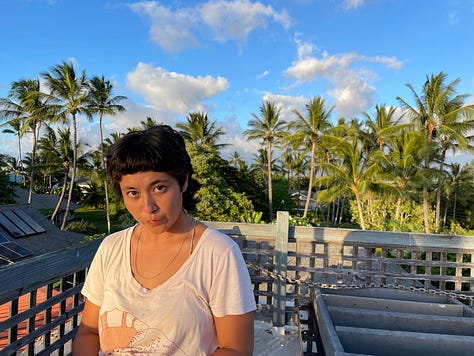
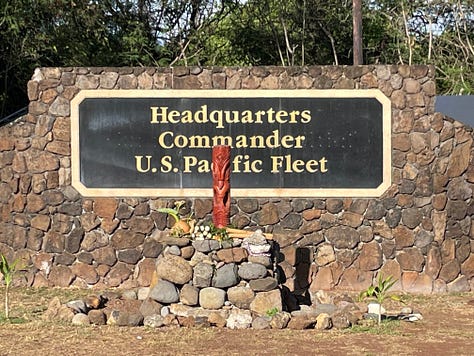

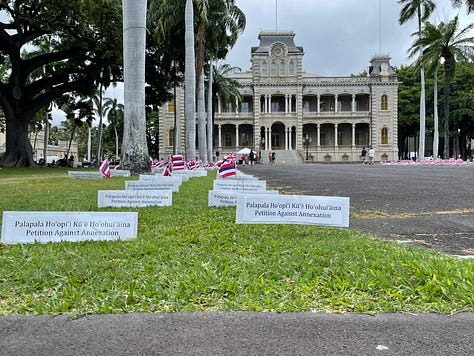
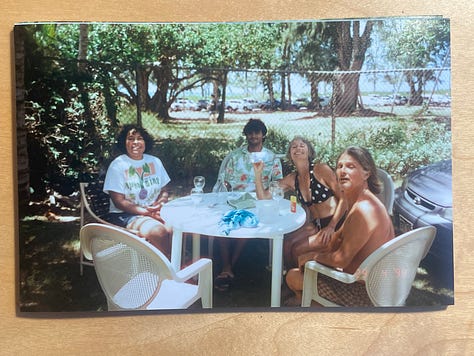
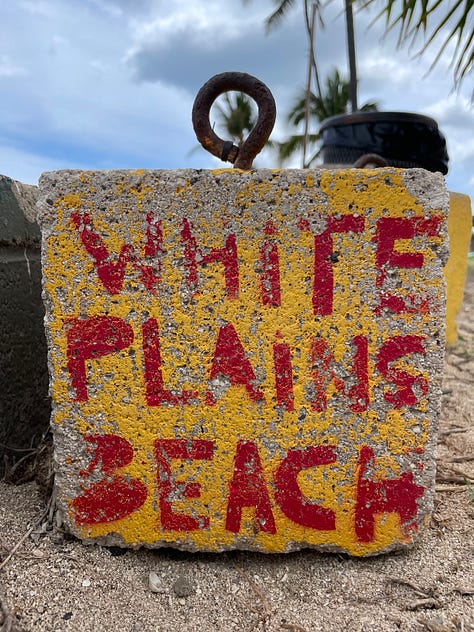
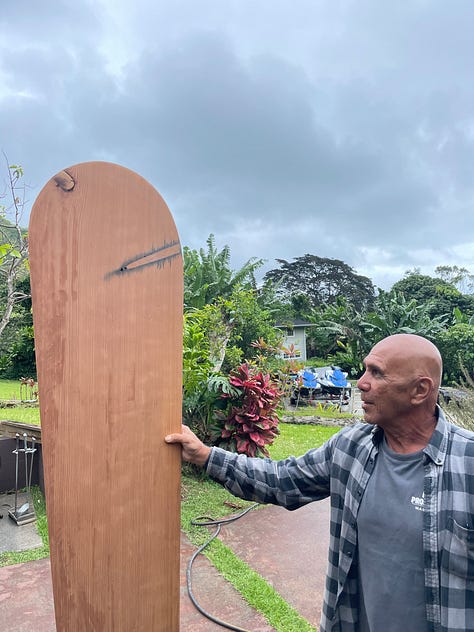

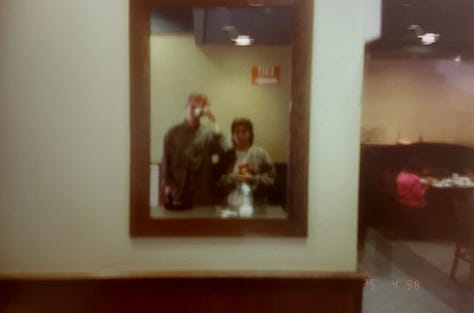

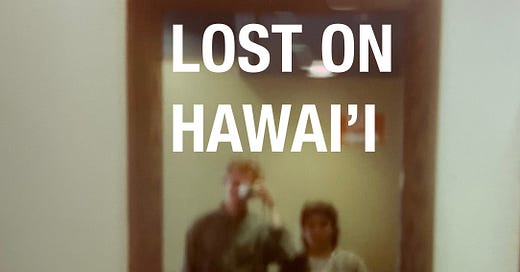




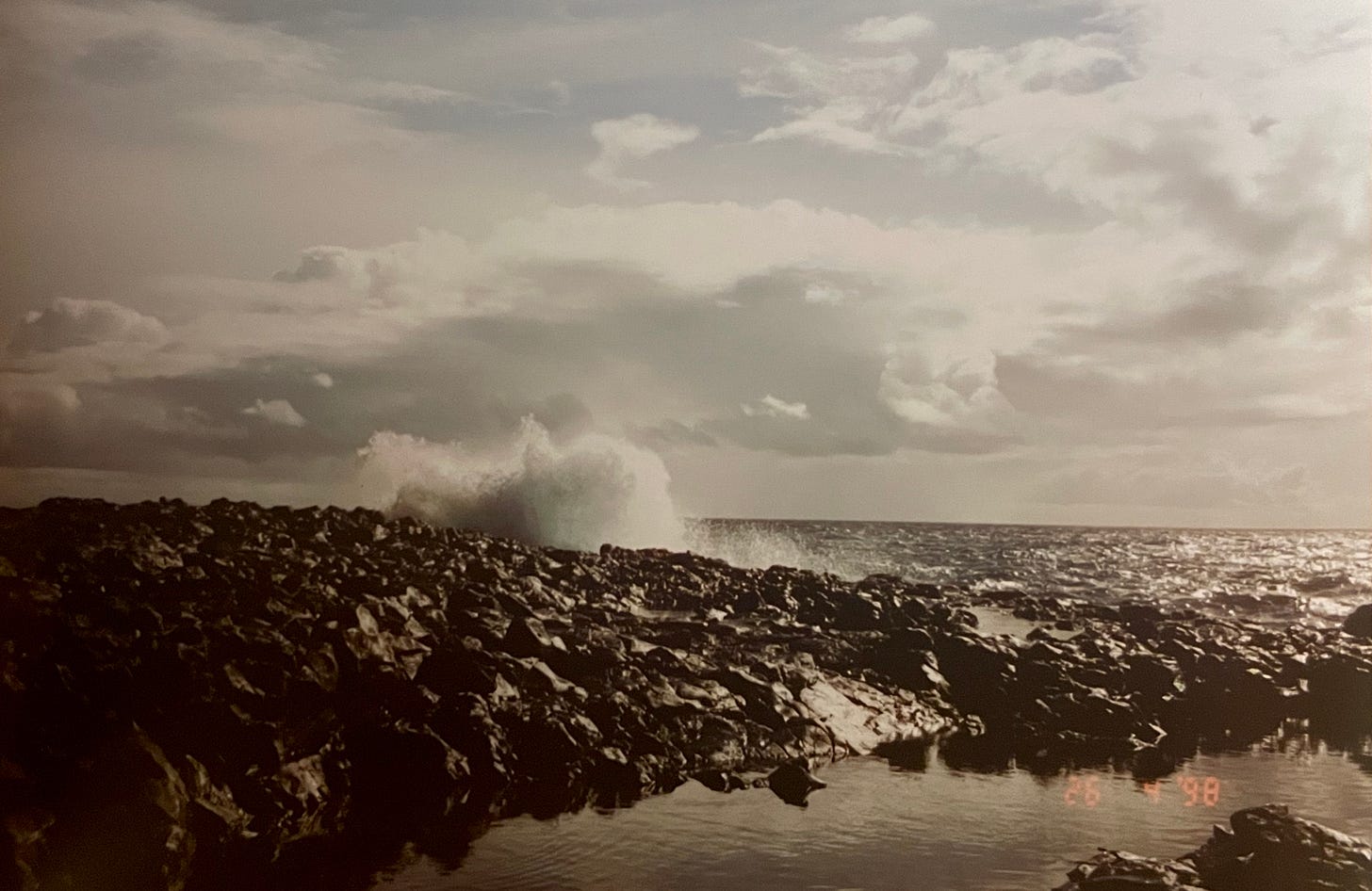
Hey Cole - seems that late stage capitalism’s trick up its sleeve is to make colonies exotic at some level removed from resource exploitation so
as to reap a second layer of
profit - often simultaneously.
The cane worker’s wife is the
maid at the vacation resort.
Last time we were in Hawaii
we only bicycled and camped
in State parks before the homeless took them over. Last year Dorcy worked with a native plant restoration group as her way of giving back. I don’t know what the
solution to the contradictions
is ( if there could be one) but
something along the lines of
service to local needs without condescension. How
many days of volunteering and listening with a local group is equal to a day at the
beach ?!